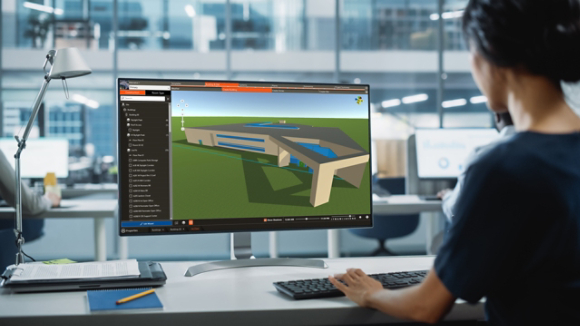Webinar Details:
Duration: 1 hour
Trane ComfortSite is an extranet site designed to save you time. With your secure login, you can:
This is the login for Trane® Connect™ and other Trane® commercial applications. Trane® Connect™ is our secure, cloud-based customer portal to access your building systems to remotely monitor and manage building systems, and conduct routine maintenance.
Selecting a language changes the language and content on the Trane site.
Latin America
Europe
Asia Pacific

Discover which experts from Trane will be presenting and what topics they will cover at the upcoming ASHRAE Winter Conference and AHR Expo
Webinar
Don't miss out on this opportunity to expand your knowledge and broaden your understanding of refrigeration systems.
Duration: 1 hour

Charles Jelen, Decarb Program Manager, TRANE
Charles is the decarbonization program manager based out of La Crosse, Wisconsin. He has been involved in the development and support of HVAC systems for Trane since 2012. His areas of expertise are in hydronic systems, refrigerants, system modeling, and decarbonized system designs including the electrification of heating.
As the decarbonization program manager Charles has responsibility for key account decarbonization and customer project support across North America. Charles has a bachelor’s degree in Mechanical Engineering from the University of Minnesota and is a member of ASHRAE.

Webinar
November 12, 2024

Webinar
November 07, 2024

Webinar
October 23, 2024

Webinar
June 27, 2024

Webinar
June 11, 2024

Webinar
May 16, 2024


Webinar
March 26, 2024
